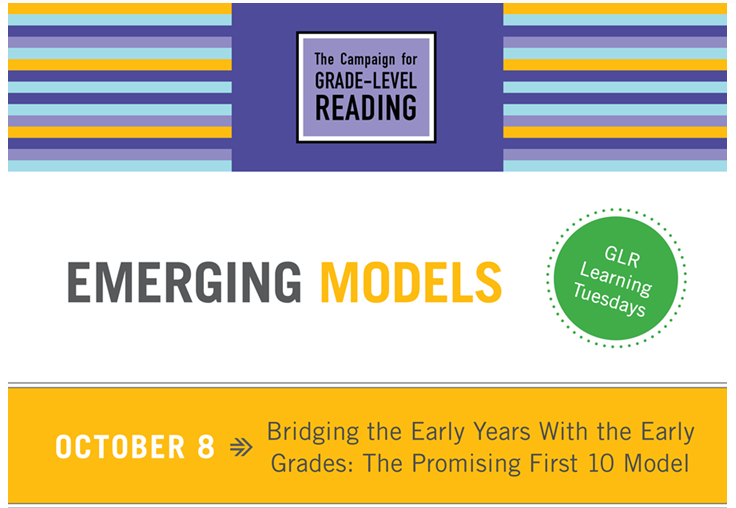Taking Action for Children and Families: Learning from the First 40 Communities (Post #1)
“The ultimate goal of a stronger, more seamless care and education continuum is to initiate and sustain a strong foundation for future success by providing effective learning opportunities across the infant-toddler years, preschool ages, and early grades in all settings.” (National Research Council, Transforming the Workforce for Children Birth through Age 8: A Unifying Foundation).[1]…
A Game-Changing Opportunity for Early Childhood (Yale School of Medicine)

As we rebuild after the pandemic, we have an enormous opportunity to reinvent early education and care in the United States in ways that dramatically improve outcomes for children and families, strengthen communities, and advance equity for all. In this post, I share three core principles for rethinking how communities serve children and families and…
The Top 10 Takeaways from the ‘School-Community Partnerships for the Whole Child’ Webinar Series
New America’s Elise Franchino has summarized our recent webinar series in 10 takeaways. Check out her post here. She includes great insights from the presenters. Many thanks to all the panelists, moderators, and partner organizations! You can find the webinars and associated resources at these links: Collaborate to Improve Teaching and Learning Coordinate Comprehensive Services…
The Way Forward: Reinventing Early Childhood Education After COVID-19
COVID-19 has exposed a fundamental truth about our systems of education, health, and social services: They are fragmented and siloed, thwarting efforts to improve the quality of learning and care for children. Nowhere is this clearer than in the schools, preschools, and community programs that serve the 44% of U.S. children under 9 identified as…
Join Us Thursday: Partnerships for the Whole Child (Panelists Posted)
I’m looking forward to moderating the first webinar in our 4-part series, School-Community Partnerships for the Whole Child this Thursday at 4:00 ET. Please join us as we learn about: Boston’s innovative PreK – 2nd Grade curriculum, coaching, and professional learning model and its collaboration with community-based preschools, The district-wide use of non-evaluative classroom observation…
Building State and Local Systems in Tandem
New America published my new report on state and local First 10 initiatives today. In 2018, state leaders in Maine determined that their efforts to support children and their families were hampered by the lack of coordination among key stakeholders—early education and care providers, public school educators, and health and social services providers. Addressing these…
Education Week Commentary: Getting the First 10 Years Right

See my Education Week Commentary on bridging the gaps between early childhood, elementary school, and health and human services. Please join me in getting the word out and supporting these important collaborations. In addition to the leading edge communities I mention in the essay, 13 communities in Maine and 13 in Pennsylvania are implementing First…
Campaign for Grade Level Reading Webinar: First 10 School and Community Partnerships

The Campaign for Grade Level Reading is holding a webinar on First 10 School and Community Partnerships on October 8 from 3:00–4:30 ET.. Please join me, Cris Lopez Anderson (Buffett Early Childhood Institute), and Brooke Chilton-Timmons (Multnomah County Department of Human Services) to learn about the exciting work happening in these communities. You can find…
ESSA and Early Childhood: How States Can Learn from Leading Edge Local System-Building
New America and the Center for Enhancing Early Learning Outcomes (CEELO) are partnering on a series of posts about the implications of the Every Student Succeeds Act (ESSA) for early childhood. You can find my contribution to this series here: The Leading Edge of Local System-Building: ESSA and Continuity Across the First Decade of Children’s Lives….
New America on First 10 Panel and All Children Study
New America’s Elise Franchino draws on a recent panel event at New America as she reviews key findings and take-aways from my study, All Children Learn and Thrive: Building First 10 Schools and Communities. Here are a few excerpts, or head here to read Franchino’s article: First 10 Schools and Communities: Helping All Young Children…